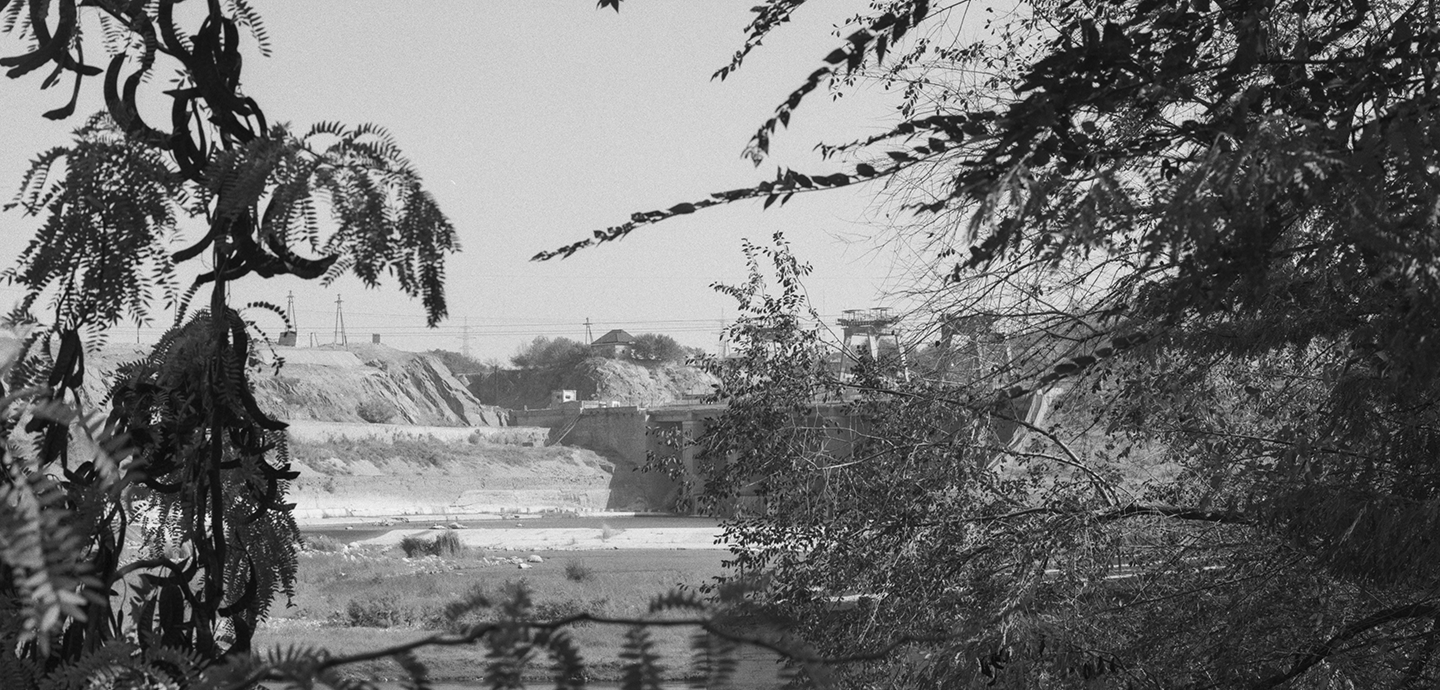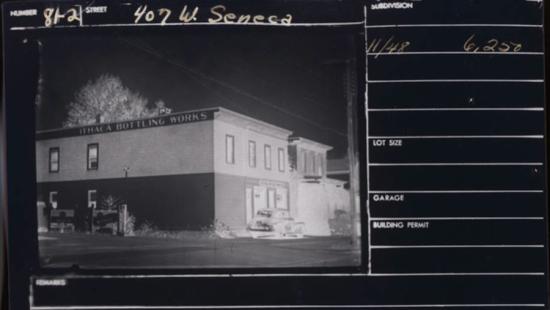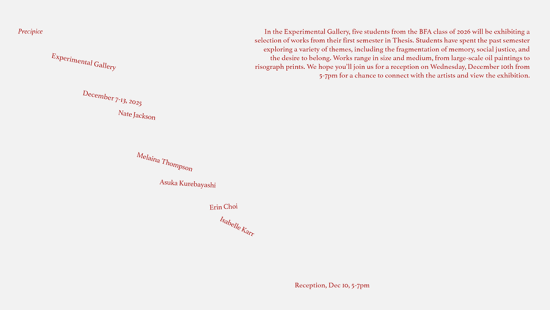Alp Demiroglu and Veronika Varga: hydro-POWER: State and Energy in Central Asia

image / provided
Exhibition Description
hydro-POWER: State and Energy in Central Asia interrogates water infrastructure and strategic resource development as an instrument of imperial and colonial expansion. The industrial objects at the focus of this analysis controlled not only the distribution of water but also of regional power. The construction of irrigation infrastructure and hydroelectric dams was instrumental in the internal colonialism of the USSR. Following the collapse of the Soviet Union in 1991, its formerly federated states gained independence. During this process of decolonization, the centralized system of resource management and distribution ceased to exist, which led to the intensification of tensions between the new neighboring nation-states.
Today, the image of hydroelectric dams—both existing and speculative—is mobilized to exert symbolic regional power through the production of scarcities. Studying the Kyrgyz and Uzbek hydro-industrial landscape, this project traces colonial and de-colonial arrangements of power through these objects. Drawing on the feminist scholarship of Michelle Murphy and Nancy Hiemstra, the exhibitors employ a methodology of studying the technopolitical qualities of infrastructures that remain obscured from the public by mapping access and in-access. This project aims to demonstrate that when infrastructures produced by a politics of domination remain untouched in the process of decolonization, the objects are predestined to reproduce the same hierarchies of (social) relation.
Alp Demiroglu and Veronika Varga (both B.Arch. '21) received the Robert James Eidlitz Travel Fellowship in 2022-23. The aim of their research trip was to produce a counter-archival method for studying infrastructural objects and how they are situated within the broader physical and political landscapes. Through this exhibition, Demiroglu and Varga animate the materials of their research by bringing them into dialogue with one another. The visual materials include digital photographs, medium-format and small-format film photographs, as well as moving images. The visual materials are complemented by rich field notes written by both researchers, expanding on the sites by including what they did not have visual access to.
Biographies
Alp Demiroglu (B.Arch. '21) is a designer at Robert A. M. Stern Architects in New York City. He completed his architecture degree at Cornell with minors in History of Architecture, European Studies, and Migration Studies. Demiroglu recently researched hydro-infrastructural impacts on society and landscapes throughout Central Asia. He won the 2021 RAMSA Prize, exploring ideas of architectural translation and migration in Miami's early modernisms. He was recognized as a Cornell Tradition Fellow and has exhibited in the Turkish Pavilion at the 2018 Venice Biennale. His paper, "Reparative Borderscapes: Dreams After Nightmares," was published in the Dutch arts and culture magazine Simulacrum, Vol.32 No.1.
Veronika Varga (B.Arch. '21) is a trained architectural designer and a researcher of contemporary spatial conflicts. She completed her architecture degree at Cornell, after which she spent some time practicing as a designer in Budapest, Hungary. She continued her studies at the postgraduate program of the Centre for Research Architecture at Goldsmiths University so that she could pursue a career as a researcher. She recently completed fieldwork regarding how political power is enacted through water infrastructure in Central Asia. Besides working as a freelance designer, she is a volunteer geolocation specialist at Airwars, and she is also developing a binaural soundwalk about the history of land reclamation in Canary Wharf with her collective, PALs Research Group. Varga's practice is situated at the intersection of (environmental) justice, post-industrial rivers, and radical imagination. She is currently developing a feminist research methodology through leakage to produce a map of changing legal thresholds as a result of transgressions in the nuclear industry. She presented the most recent iteration of this work at Leakage: Inaugural Conference of STSing at TU Dresden. Through collaborations that emerged from the Centre for Research Architecture at Goldsmiths University, she remains dedicated to furthering this work.







